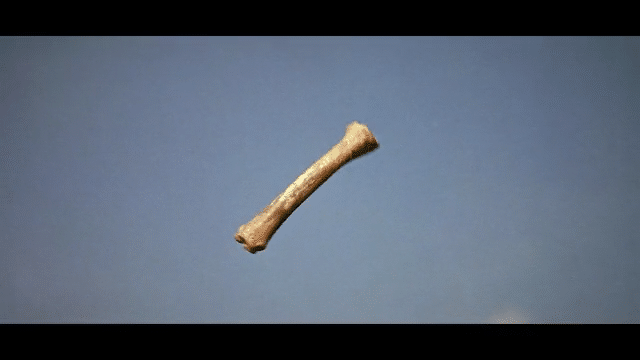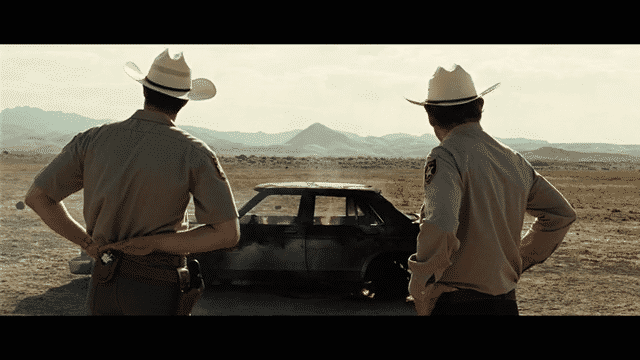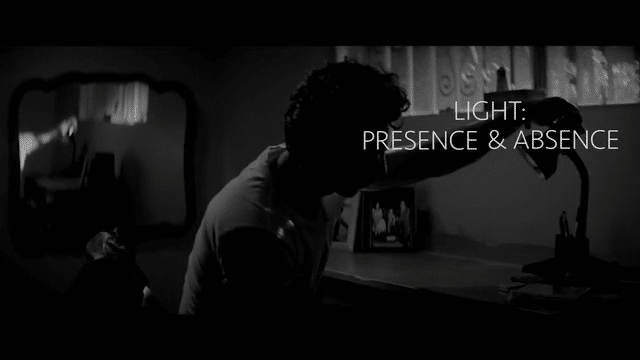Multimedia // Videography
01. Video Essays
Since 2020, I've been making video essays that explore a variety of topics at the intersection of philosophy and film. You will find three of them here.
Approach
Stemming from my background in the philosophy of language, I think about the relationship between language and the world it is supposed to represent. In the context of film and visual design, I'm especially curious about the notion of incommunicability, or the supernatural, unspoken, language-like ability of the moving image to evoke and inspire emotions.
My essays are perhaps best grouped together according to the core question I'm attempting to answer:
Q: How & why does cinematic visual language capture what we are unable to express in ordinary language?
Looking forward, I'm curious about what visual design, in general, can teach us about how philosophy can be practiced. Can we conceive of a "philosophical" argument that operates purely on the level of the visual, outside of the constraints of ordinary language? If we can, what rules must it follow? Must it follow any? And was Wittgenstein correct, or totally off - to assert the following?
02. Pandemic Portal: A Desktop Documentary (RT 5:16, Video, Sound + Color)
Inspired by Kevin B. Lee's Transformers: The Premake, I wrote and produced a desktop documentary called Pandemic Portal. It screened at WCMA (Williams College Museum of Art). I found this format extremely interesting, as it sits somewhere between a travelogue and computer simulation, offering ample room for virtual world-building.
Q: How does the digital realm shape our perception of reality and personal narratives during a global crisis?
Artist's Statement (Written March, 2021)
Virtual reality isn’t an oxymoron, and there is no surprising juxtaposition to be found here — the lives we lead online are as actual as our ordinary ones, complete with their digital alienation and data-driven claustrophobia. The desktop, then, is not a magical portal into some makeshift pseudo-reality. It is a fundamental part of it, informing and informed by our body and mind.
The Internet, the desktop’s essential member state, is big and ugly; it also tends to remember all the big and ugly things you asked it for, or that it exposed you to. As such, it proves to be an awfully convenient story-telling device. Creating a desktop documentary is just as simple as following one’s routine via these archival traces. With this documentary, I created an account of a journey I have already taken in order to explore how my mind navigates the Internet, and how the Internet navigates me.
The desktop documentary form is perfect for the story I felt the need to tell, which is why I chose it in the first place. Namely, I wanted to share a deeply personal yet informative account of what I’d call Bosnia’s vaccine crisis. My country was among the slowest on Earth to get COVID vaccines, and it was consistently ranking near the top in terms of infections and deaths per capita. Governmental negligence directly contributed to hundreds of deaths from February through May, which is when I was at college, away from my family. Both of my parents are at-risk, so coping with the situation from afar was significantly more difficult than it had been in person, just a few months earlier.
The film balances the two stories, telling the audience the story as I received it, and making the stakes very clear by interweaving my concern for my parents. A flurry of fear-mongering headlines and bleak news videos chronicles the former, while a deeply personal rediscovery of my personal coping mechanisms is reflected through a deep dive into my search history.
Giving others access to one’s desktop is a peculiar and deeply intimate decision, one that establishes trust with the audience. Their viewing of my computer screen almost feels like I’m hijacking theirs, and so my experiences are lived vicariously by them. Thus, the film moves those who were forced to defer to the desktop’s deluge of data in times of crisis, particularly those who have found themselves distanced from their loved ones. If someone important saw the documentary, perhaps they’d be moved to share some of their spare doses with us.



